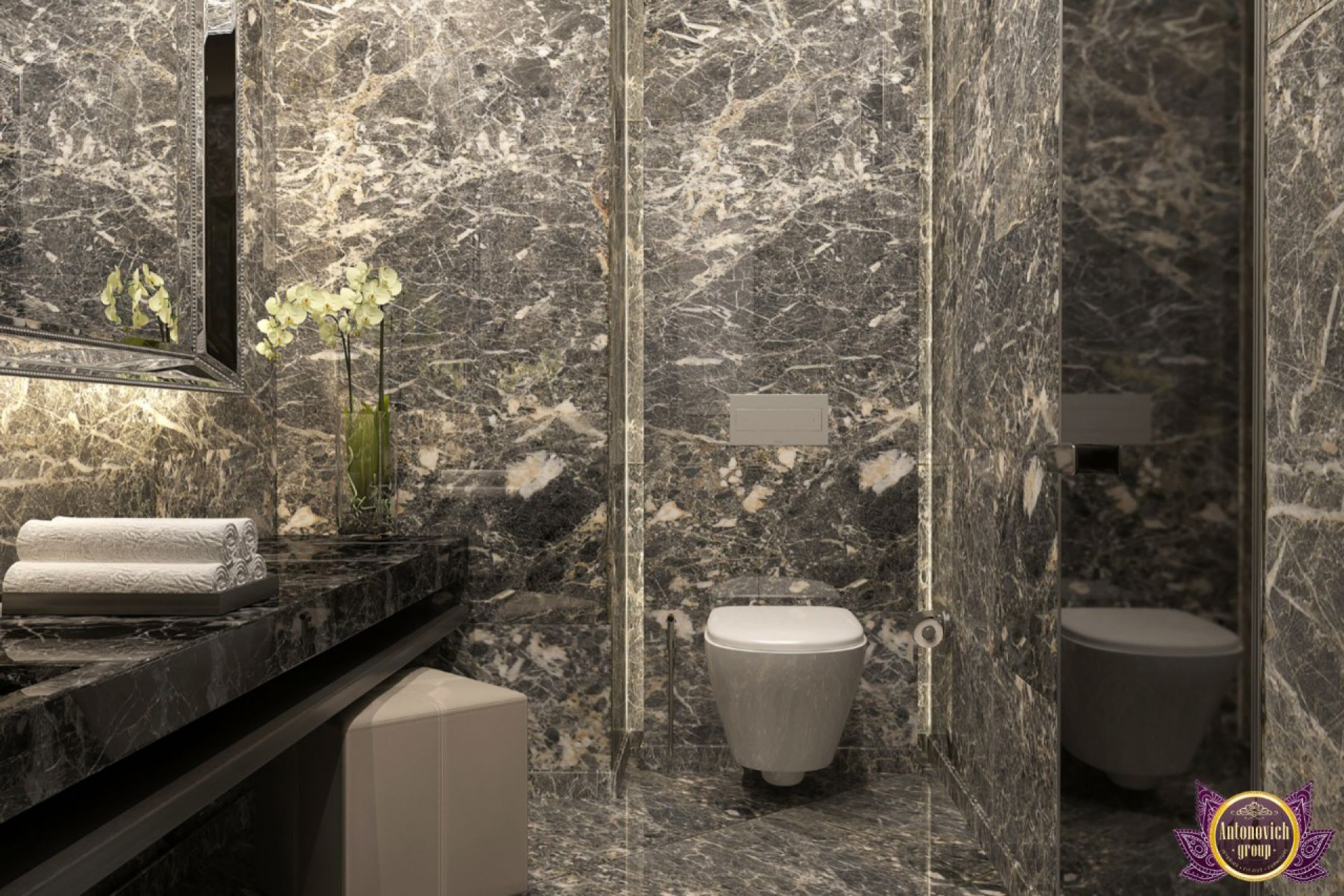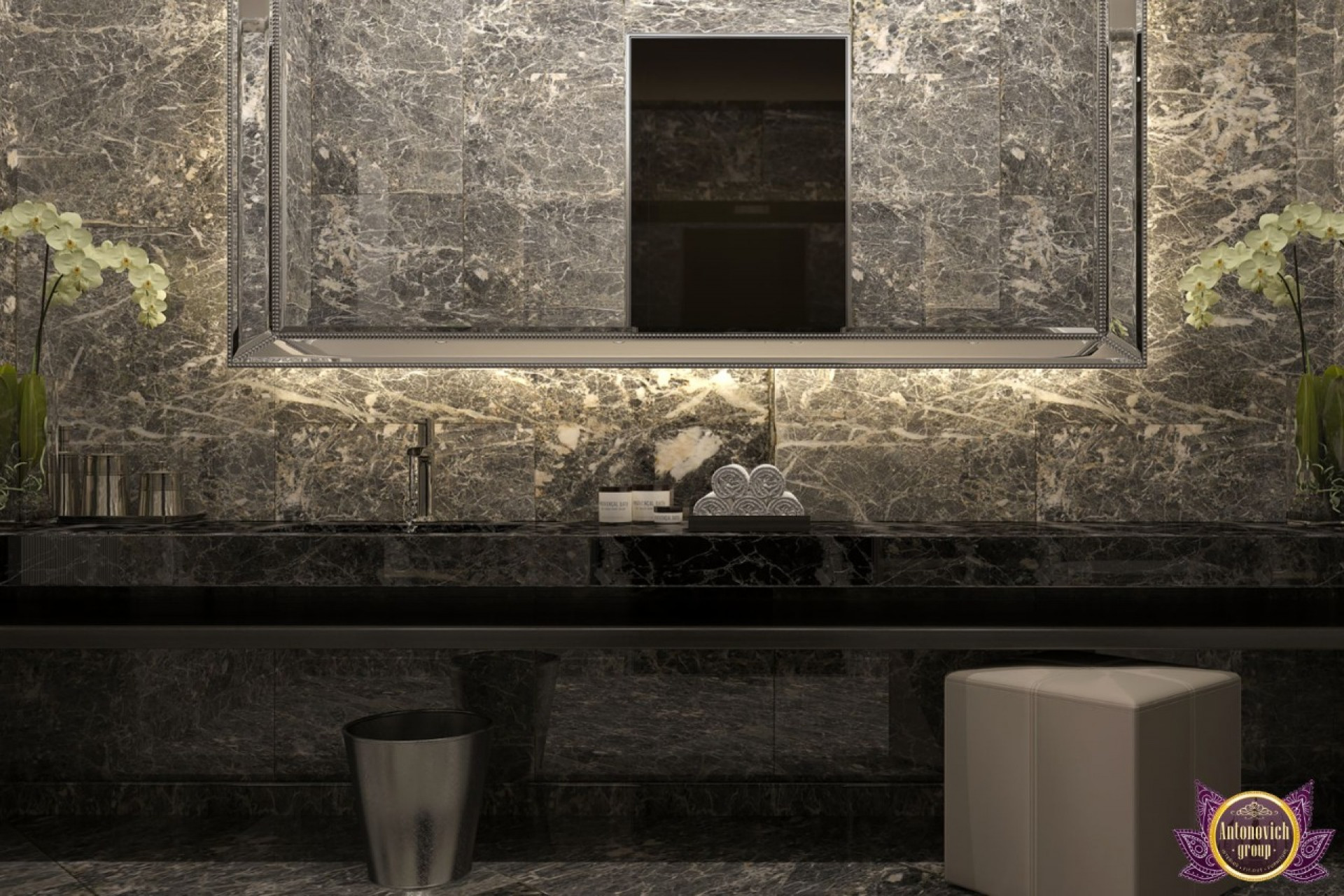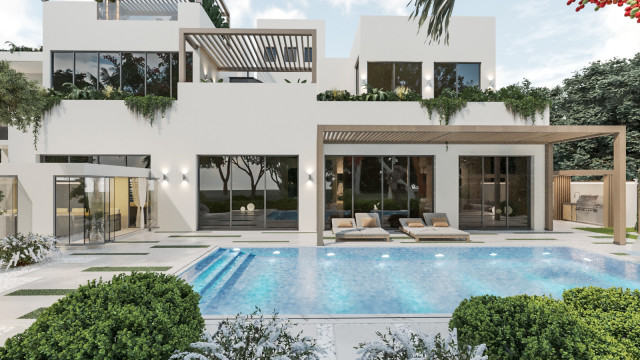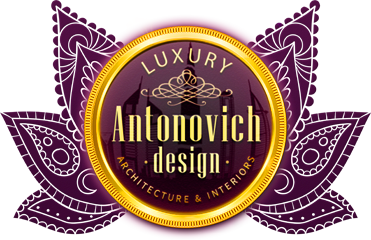MODERN BATHROOM DESIGN PLAN
Modern, chic bathrooms are a great addition to any house in the USA. They exhibit a cutting-edge design approach with their clear lines, geometric patterns, flowing curves, and sharp angles. They are growing more popular as homeowners abandon conventional architecture. There are various ways in which current design differs from modern design. Despite the fact that it is generally accepted that modern design began in the 1920s and 1930s, its complete development occurred in the post-World War II era when midcentury modern design started to emerge and gain traction in the Nordic countries of Europe. The present design does not correspond to a particular historical period or era of design, even if it may incorporate some of the principles and tendencies of contemporary design. Instead, any design that makes use of modern, "of the moment," materials, fashions, or furnishings can be considered contemporary. Because of this, present bathroom designs are frequently incorrectly referred to as "modern," even if they don't quite reflect the aesthetic influences of that legendary post-war era. It is generally believed that modern bathroom design USA is especially well-suited for smaller bathrooms since it is frequently sleek, minimalistic, and unadorned. While this is true, practically any bathroom design may use contemporary design since it is so versatile. The modern style's crisp angles and clean lines may be quite useful if your room is small, but the same qualities can also work in a larger space.

For instance, a combination of an angular double sink and cabinet might fit a larger bathroom while still being stylish, practical, and contemporary. A simple pedestal sink may be a great addition to a modern bathroom USA in a smaller space. This kind is now offered in a range of materials, from glass to stainless steel and even copper, which can work fairly well in a modern design. Any bathroom that aims to maximize both efficiency and beauty can benefit greatly from this space-saving design. Modern bathroom designs employ a broad variety of materials, but one aspect is consistently present: most contemporary bathrooms incorporate at least some materials that have just become available. Therefore, modern bathrooms commonly use contemporary materials like laminates and plastics, even when more conventional designs may feature classic elements like wood, stone, and porcelain. This is not to suggest that natural or more conventional materials can't be utilized; nevertheless, due to their current design, contemporary bathrooms are far more suited to integrating artificial or "modern" elements than their historical equivalents.

Attractive, sleek, and minimalist bathroom designs are popular nowadays. Think of high-quality, geometric shapes, subdued colors, and crisp lines. Whether your bathroom is big or little, modern bathroom design may make it a lovely refuge. Your bathroom should be a reflection of your personal style since you use it daily. If you want neat, uncluttered interiors and sophisticated design, a contemporary bathroom may be the perfect choice for you. If you have the room, think about integrating this traditional fixture. A freestanding tub is a necessary part of a modern bathroom. Like a work of art, a freestanding tub creates a striking focal point for the room with a modern, artistic design. Modern bathtubs can be shaped in any way, including a corner or a circle. The most important design elements to consider are clear lines and thin, smooth edges. Avoid pedestals, clawfoot tubs, and ornate curves and embellishments if you want a contemporary appearance. Bathroom mirrors and lights must function effectively together to offer a practical option for carrying out bathroom duties like shaving or applying cosmetics. A contemporary bathroom should include geometric lighting fixtures and mirrors with clean lines.











